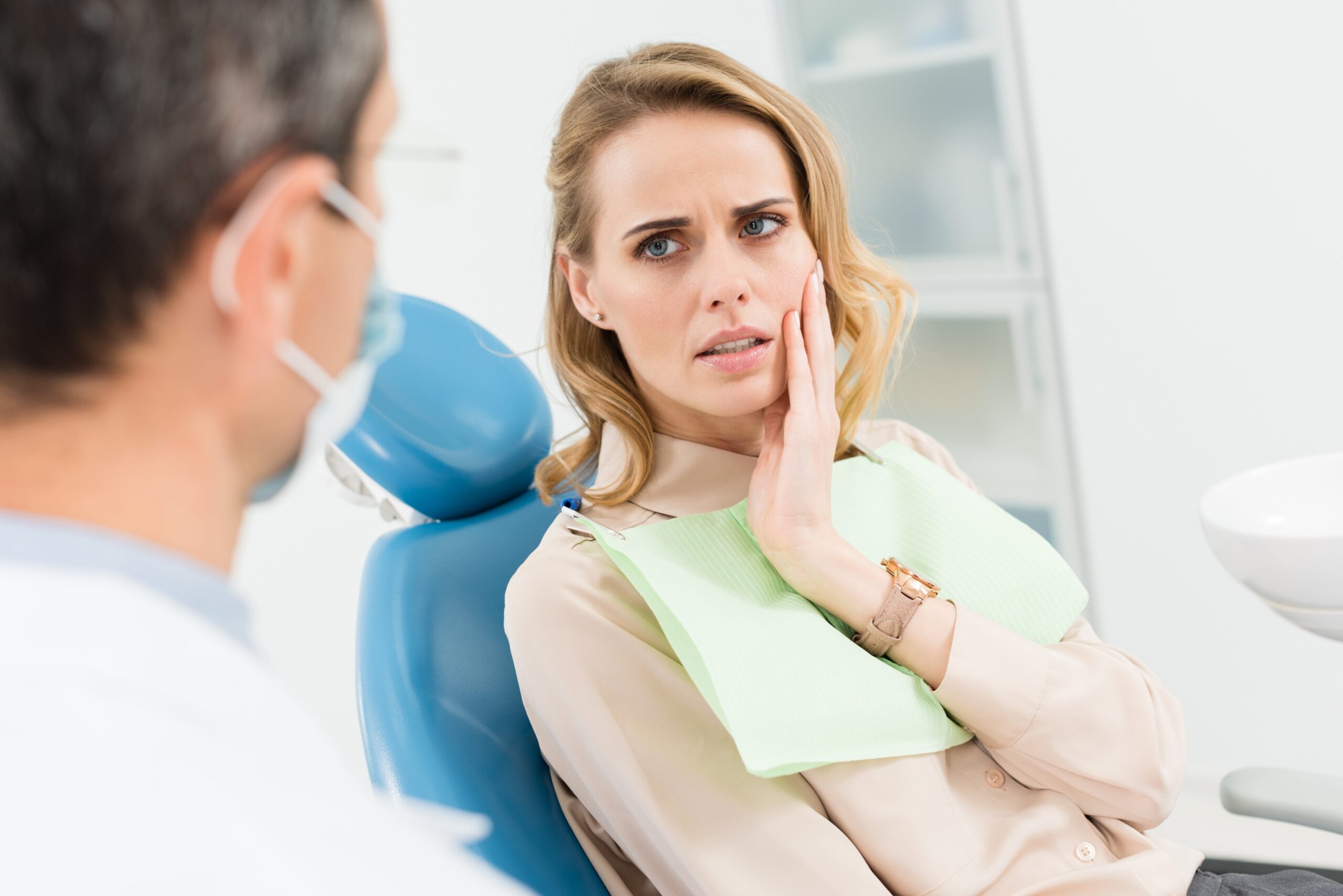Dental emergencies never come at a good time. One moment you’re fine, the next you’re clutching your jaw or dealing with a broken tooth. When that happens, knowing what to do can make a huge difference. This guide to emergency dental care will show you how to recognise a true dental emergency, what steps to take, and how to get the help you need—fast.
Whether it’s a sudden toothache, swelling, or a lost filling, this article breaks down what counts as an emergency and how to handle it with confidence.
What Is Emergency Dental Care?
Emergency dental care refers to urgent treatment for dental issues that can’t wait for a routine appointment. These problems often involve pain, bleeding, infection, or trauma to your mouth.
If left untreated, a dental emergency can get worse quickly. Acting fast can relieve pain, prevent complications, and even save your tooth.
Signs You Need Emergency Dental Care
Knowing when to seek help is key. Here are common situations that require emergency dental care:
-
Severe or constant toothache
-
Knocked-out or broken tooth
-
Swelling of the mouth, face, or jaw
-
Bleeding that won’t stop
-
Signs of infection, such as pus or fever
-
Cracked or fractured teeth causing pain
-
Damaged crowns, fillings, or braces causing injury
In any of these cases, don’t wait. Contact your dentist or call a local emergency service right away.
What To Do in a Dental Emergency
1. Stay Calm
Panicking won’t help. Take a deep breath and assess the situation. Pain and fear can be overwhelming, but staying calm will help you think clearly.
2. Call a Dentist Immediately
Contact your regular dentist. Many dental practices offer same-day emergency slots. If your dentist is closed, their voicemail may give an emergency number to call.
No regular dentist? Use NHS 111 (UK) or your local dental helpline to find an emergency dental provider near you.
3. Control Pain and Bleeding
-
Take over-the-counter painkillers like ibuprofen or paracetamol.
-
Apply a cold compress to reduce swelling.
-
Rinse your mouth with warm salt water to clean the area.
-
Use clean gauze to stop any bleeding.
Avoid placing aspirin directly on your gums—it can cause irritation.
4. Save Any Tooth Pieces
If a tooth gets knocked out, gently rinse it (don’t scrub) and place it in milk or between your cheek and gum. This keeps it moist and increases the chances of saving it.
Bring any broken parts with you to the dentist. They might be able to repair the tooth more easily.
What Happens at an Emergency Dental Appointment?
An emergency dental care appointment focuses on relieving pain and preventing the issue from getting worse.
Here’s what to expect:
-
Assessment – The dentist will examine your mouth and may take X-rays.
-
Treatment – You’ll get immediate care such as draining an abscess, applying a filling, or prescribing antibiotics.
-
Follow-Up Plan – You may need another appointment for a full repair or replacement.
Emergency care is often quick and focused, but it can prevent serious damage and reduce long-term costs.
What If You Can’t See a Dentist Right Away?
If you can’t get a same-day appointment, here’s how to manage symptoms safely:
-
Keep the area clean.
-
Stick to soft foods and avoid chewing on the affected side.
-
Use cold compresses for swelling.
-
Take painkillers as directed.
For signs of infection (fever, spreading swelling, difficulty swallowing), go to A&E or urgent care immediately.
Can You Go to A&E for Dental Problems?
Most dental problems should be treated by a dentist. However, visit A&E if you have:
-
Severe swelling affecting breathing or swallowing
-
Uncontrolled bleeding
-
Trauma to the face or jaw
-
Sudden loss of consciousness from pain or infection
These situations are medical emergencies and need urgent hospital care.
How to Prevent Dental Emergencies
While not all emergencies can be avoided, good habits reduce your risk:
-
Brush twice daily and floss every day
-
Visit your dentist regularly for check-ups and cleanings
-
Don’t use your teeth as tools to open packages
-
Wear a mouthguard for contact sports
-
Avoid hard foods like ice or popcorn kernels
Preventative care is the best defence against needing emergency dental care in the future.
Emergency Dental Care for Children
Children can also face dental emergencies. Falls, sports, or biting into hard foods can lead to broken or knocked-out teeth.
For child dental emergencies:
-
Try to stay calm and reassure them.
-
Apply a cold compress for swelling.
-
Save any lost tooth and call your child’s dentist.
-
If your child is in severe pain or has swelling, seek urgent care.
Many practices prioritise children in emergencies, so don’t hesitate to ask for a same-day visit.
Be Ready Before It Happens
No one wants to think about dental emergencies—but being prepared can save time, money, and pain. Know your local dental options. Keep your dentist’s number handy. And understand when to act fast.
Whether it’s a weekend toothache or a broken crown at midnight, emergency dental care is available—and knowing what to do helps you get help when you need it most.

Leave a Reply